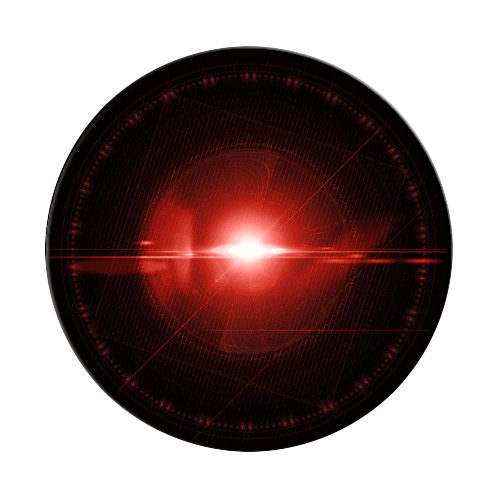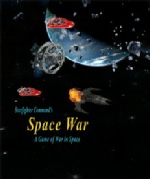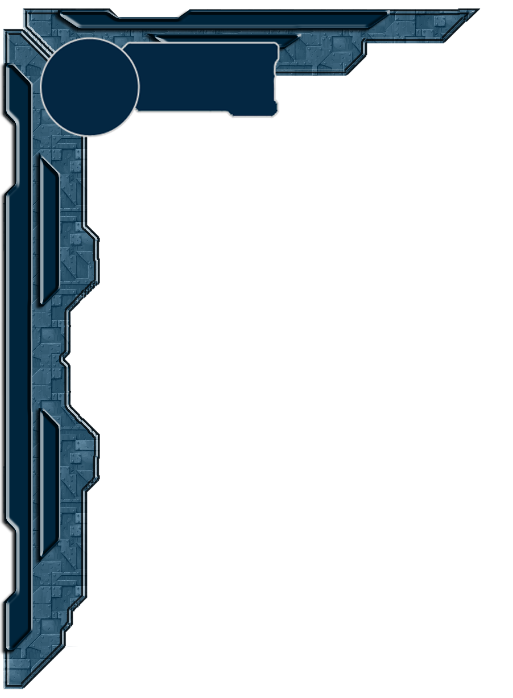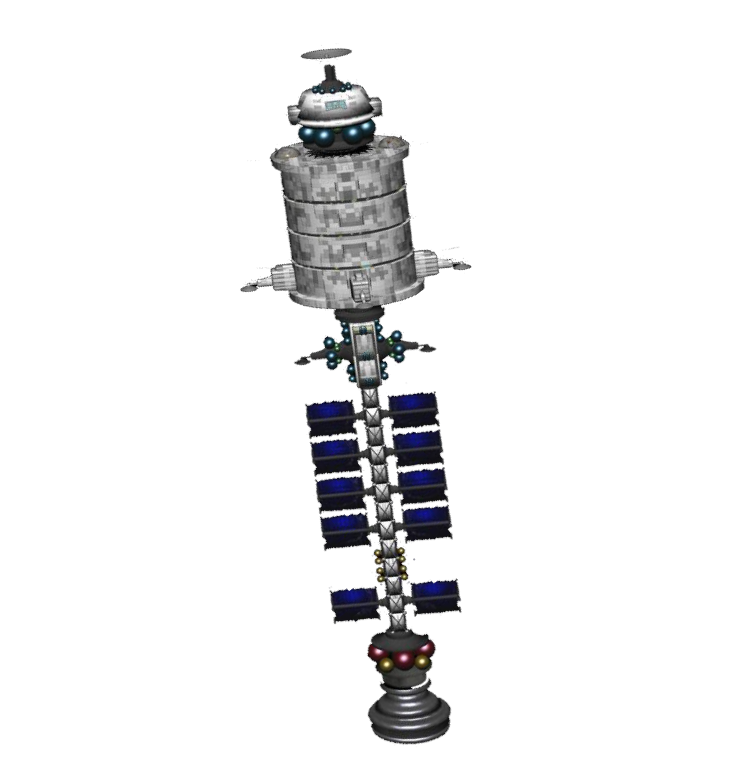
 About Us
About Us
























 Join The Starfighters
Join The Starfighters














 Join Us
Join Us

















 Back
Next Page
Back
Next Page
Galactic Enterprise Log Book -
Decker noticed the Starfighter at the ship's helm controls. He looked questioningly at the duty officer he was relieving. “Something new Star Command has come up with,” the duty officer replied with a yawn.
“Go on, get some sleep,” Decker said dismissing the officer. He walked over and stopped just behind the Starfighter. “So tell me, Lieutenant, what new program do I owe for the privilege of having a Starfighter pilot my ship?” he asked.
“The colonel thought it would be a good idea if all the Starfighters were familiar the various types of spacecraft onboard the Galactic Enterprise in case of an emergency,” the lieutenant replied. “I've been running simulations.”
“Carry on,” Decker said before he started his tour of the various stations on the bridge. Once he was satisfied there was nothing amiss, he settled into the captain's chair and buckled himself in. Decker began to watch the simulations the Starfighter was running on the main view screen. He even pulled up the training monitor on his screen. Decker watched the central core stress meter. He saw it peak in the caution area a few times, but it was the simulation that kept them together. The lieutenant dodged another meteor.
“You got good reflexes, Lieutenant. You need to practice something a little more real though,” Decker said after a while.
“Like what?” the lieutenant asked.
“We're sitting still in orbit. Think of what could go wrong and then compensate for something like the shuttle running into us or something. If you are going to practice for an emergency simulate an emergency.” Decker smiled as he watched the young officer struggle to regain control of an out of control Galactic Enterprise.
Decker had to admire the effort the Starfighter was putting into his training. His uniform was soaked with sweat as he continued to struggle with the controls to hold the big ship steady. Decker was pulled from his train of thought by the collision alarm. “We have an inbound meteor!” Decker heard someone scream.
“Seal all bulkhead doors and secondary doors,” Decker roared. “Give me a count.”
“Six seconds.”
Decker palmed the ship-
Decker glanced at the lieutenant. He was hard at work regaining control of the ship. “Damage report.”
“We got damage in Habitat Section Levels 1, 2 and 3. Hull's been compromised,” came the reply.
“How are you doing, Lieutenant?” Decker asked.
“I've got us to stop spinning. I'll have the orbit stabilized shortly,” the lieutenant replied calmly as his hands danced across the control panel.
“Captain, we have lost pressure to 15 percent of Habitat Sections 1 and 2. Engineering is going out to patch the holes in the outer hull now. We should be able to re-
“How many died?” Decker asked.
“The board shows 37 dead, and another 18 blinking yellow,” one of the ship's officers replied.
“Our orbit is now stable,” the lieutenant announced. “Ship's core is intact and holding pressure.”
Decker doubted that his own helm control officer could have done as well as the lieutenant. “Good work, Lieutenant,” he said. “I have no doubt that you can now consider yourself familiar with the Galactic Enterprise's controls.”
Twenty years earlier Dr. Tony Dyson answered an ad on the Internet. It seemed like a joke at the time. A year later he left a $250,000 a year job to go to work for the Company. Everybody thought he was nuts. Tony pushed a few more buttons on the screen in front of him. The machine was his pride and joy, the ultimate medical diagnostic machine. It could even suggest treatment based on your level of knowledge and skill. This was his vindication, a cheap, rugged self-
The machine was part of the total package of the Company's world-
Tony remembered the first time his machine saw action. A lone cry from a remote area in the South American Mountains went unanswered for days. The whole area was devastated by an earthquake, and the village was impossible to reach by land. The first flying mobile medical center the Company made saw its first real action too. Tony remembered because Decker ordered the pilot to set the H-
Two large Seed Pods were brought in, and by the end of the day, 1200 people were under a shelter made of heavy duty plastic sheets. The next morning, the water purification system was up and running along with the solar power plant. With the power plant online, Decker brought out the tools and began to rebuild the town while Tony dealt with an endless stream of injured people. When the rest of the world finally reached the village five weeks later. Decker had the town half rebuilt, and several fields planted. It was the perfect publicity stunt.
The Company's Seed Pods became the cheapest form of domestic foreign aid on the market. The military became interested in the technology too. All the money the Company made, it used to fund other projects and the construction of the Galactic Enterprise.
Tony flipped off the machine and pulled the scanner away from the young man lying on the table. “You just strained a muscle. Go easy for a while,” he told him.
The kid was just sitting up when the airlock doors closed. Tony heard what sounded like Decker on the room speaker just before something shook the floor. “Computer, what was that?” Tony asked as he got up off the floor.
“We were just hit by a meteor about 18 centimeters in diameter,” the computer replied calmly. “Habitat levels one and two have decompressed. All airlock doors are in place and holding. Medical Center is sealed and secure.”
That concerned Tony. He was on habitat level one.
The Reverend stood up and put on the mask that had made him famous as the Lone Crusader for Christ. Now, he had an Internet following, a television studio, and a seat on one of the greatest adventures in the history of man. The Reverend was one of the minor funding sources for the Galactic Enterprise. That bought him a ticket as the spiritual advisor onboard the ship. The Reverend played his audience as he proudly proclaimed himself to be, "...the one to take the Word of God to the Stars."
The Reverend hated the hypocrisy for what he did in the name of God. He wanted to spread the Good News to the world, and he wanted to help people. Somewhere during the long journey of life, he had begun to doubt his call. In bringing people to the saving knowledge of Christ, the Reverend had lost a little of his faith in helping so many others find faith. Now, he was tired and beat down by trying to get people to help each other. The Reverend hoped he could find the faith he had lost out among the stars. At best he would have a large Internet following. Financially, it meant the Company would get a boost as the Reverend was an old supporter and contributor to the Company. To make this trip the Reverend signed over his Ministry's assets to the Company for the duration of the trip. All the contributions to the Ministry went directly into the Company's account.
Contrary to tabloid reporting the Reverend gave away all the money people gave him to maintain his Ministry. He only kept back $700 a month to live on. It was an easy thing to prove. The millions the Reverend made on the lawsuit with the tabloids funded the research by the Company that led to the development of the Food Synthesizer.
The synthesizer in his room was far more advanced than the first food synthesizer. It could only plop out a mashed potato looking flavored goo. It wasn't long before there were synthesizers that could make meals look and taste like real food. The Reverend had a top of the line synthesizer installed in his small kitchen as if the Company would provide anything less. All the food synthesizers on the Galactic Enterprise were first class. Only staff and crew members had personal food synthesizers. The students ate at the Galactic Kitchen, the only dining room onboard the Galactic Enterprise. The Reverend thought the Starfighters had their food synthesizer system set up similarly.
The Reverend did not worry that the Company would misuse Ministry funds. They were busy developing things like their new portable medical center to add to Company's Seed Pods; containers filled with all the tools and other equipment needed to rebuild small towns destroyed by nature.
The Reverend worried about his faith as he worried about all the people in need on the planet below. Somehow it all kept coming back to money and the hypocrisy of using religion to achieve one's goals, namely the acquisition of money. The hypocrisy of being the spiritual guidance officer when he doubted his own faith was not lost on the Reverend either. There were other character flaws he might've pondered that was quickly forgotten in the panic he felt hearing the collision alarm sound.
As disasters went, it wasn't as bad as it could have been. Decker counted himself lucky. Thirty-
After the accident, there were those on Earth that called for the abandonment of the project. Some argued that a manned journey to all the planets was just too dangerous. Others tried to fault the ship’s systems and safeguards. Several countries involved with the project began talking about withdrawing their support from the project.
Despite the mounting pressure to end the project, Decker did not give in. The safeguards throughout the ship had worked, and he drilled that message home time and time again. Those safeguards had saved the rest of some 200 construction workers, staff, and students.
Decker stood by the observation window as he watched the wreaths slowly drift into the depths of space. His tears fell to the floor and mingled with the tears of those with him. “Let us never forget the sacrifice of those who have given their lives that man may take the next step in his collective evolution,” he said. “Our journey into space has been paved with blood, sweat, and tears. That blood is made up of some of our planet’s very best people like those we honor today. They were here because they believed in a dream. Truly their death was tragic, but to give up that dream would be an even greater tragedy. For if we gave up the dream, it would make their sacrifice senseless. The only way we can give meaning to their death is to carry on with renewed vigor. We must strengthen our resolve, going boldly where none have gone before.”
“Even as the pioneers braved the unknown as they crossed the Great Plains; we too must face the unknown with courage,” Decker continued. “Many of those pioneers died seeking a dream, but that did not stop the others that followed after them. We are the new age pioneers and the frontier before us is endless. Yes, there will be other deaths, but that should not detour us from following a dream and expanding our horizons. May our friends and loved ones rest in peace knowing we will not give up the dream that was theirs too.”
The Reverend took Decker’s place at the window and stared out into space for a long while before turning back to face those gathered in the lounge for the memorial service. “May God take our departed friends into his bosom and keep them safe until the time of the resurrection is at hand,” he began. “May they come forth and stand with the angels on the Last Day. May the Lord pour out his spirit and comfort their family and friends that mourn their loss, and may they be comforted. Our friends may have departed this life for a better one, but they are not gone. They look down from Heaven and whisper, “Carry on.” And so we must, ‘carry on,’ for life goes on, and our departed friends only wait for us to finish the race when we too are called home to our mansions in Heaven. Today, we mourn the loss of our friends and companions as they have begun the great journey before us; a journey we must all take. Today is for crying, but tomorrow let us dry our tears and put smiles on our faces knowing that someday we will see them again. May the Father of All keep them safe until that time, in Jesus name, amen.”
Others spoke telling stories and extolling the virtues of those that had died. Decker tried to listen, but he was distracted by a vibration he felt in the floor. A moment later he felt the vibration of his cell phone, and he slipped quietly away.
The room was a charred mess of plastic goop. “Somebody up there really doesn’t like us much,” Andy said. The chief engineer just stared at the mess. “We’re lucky this computer was not controlling the anti-
“What happened?” Decker asked knowing the answer.
“Small bomb of some sort,” Andy replied. “Mostly it was an incendiary device designed to throw a highly flammable liquid all over the room. The Halon sprinklers should have come on and suffocated the fire, but it appears as though they were disabled. The room is airtight, and the fire used up all the oxygen and put itself out by the time I got here. I’ll have John go over the room and see if there is anything left of the bomb we can examine.”
“What’s this do to us?” Decker already knew the answer; he just wanted to hear Andy say it.
“We are dead in the water. We have power and emergency communications, and that’s it. Life-
“What’s our options?” Decker asked.
“We give-
Turn the page to continue the adventure.
 Ship Computer
Ship Computer



















